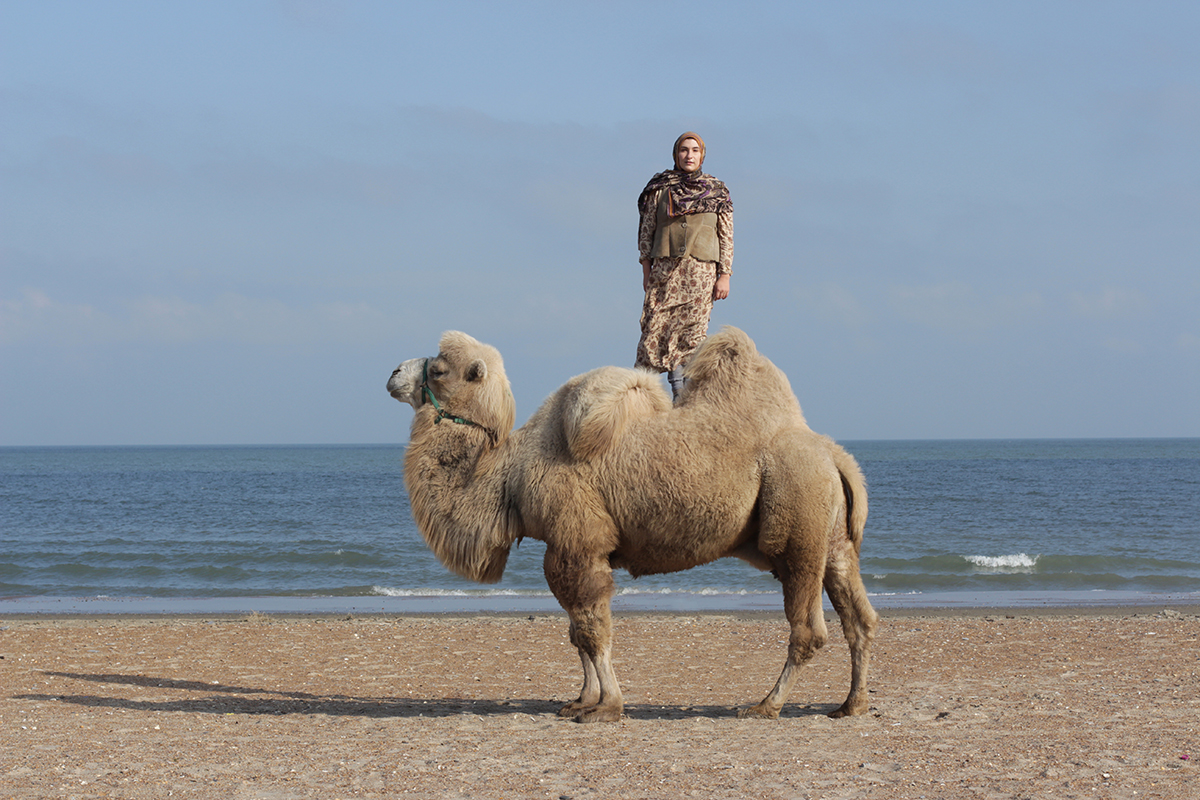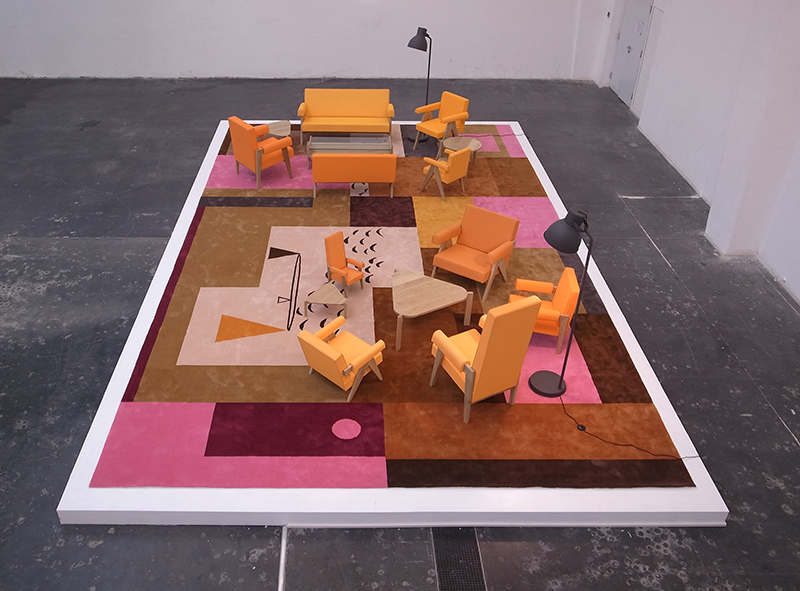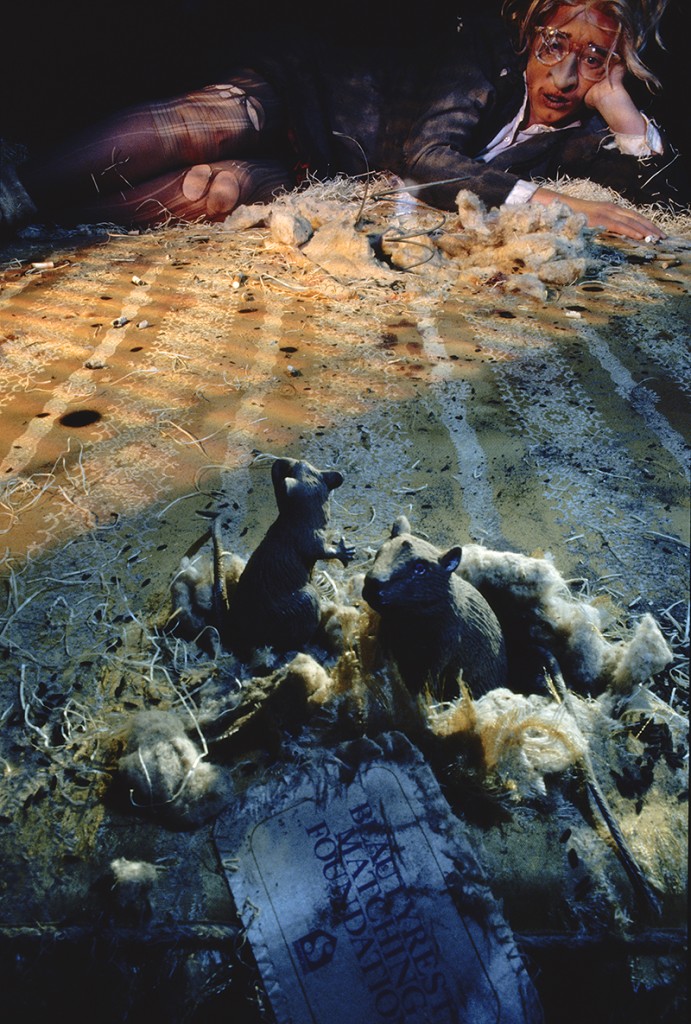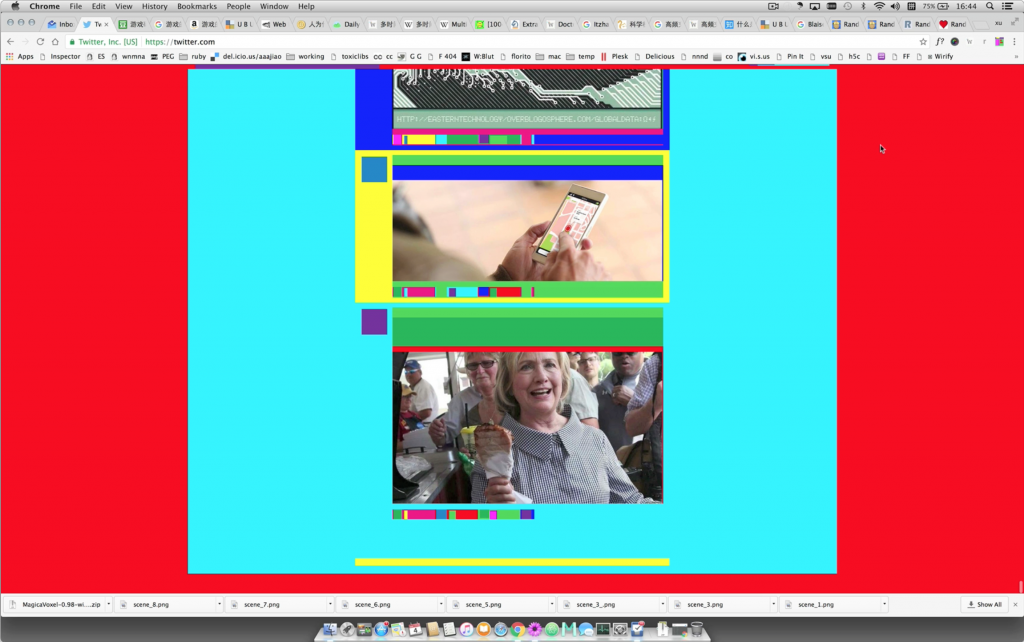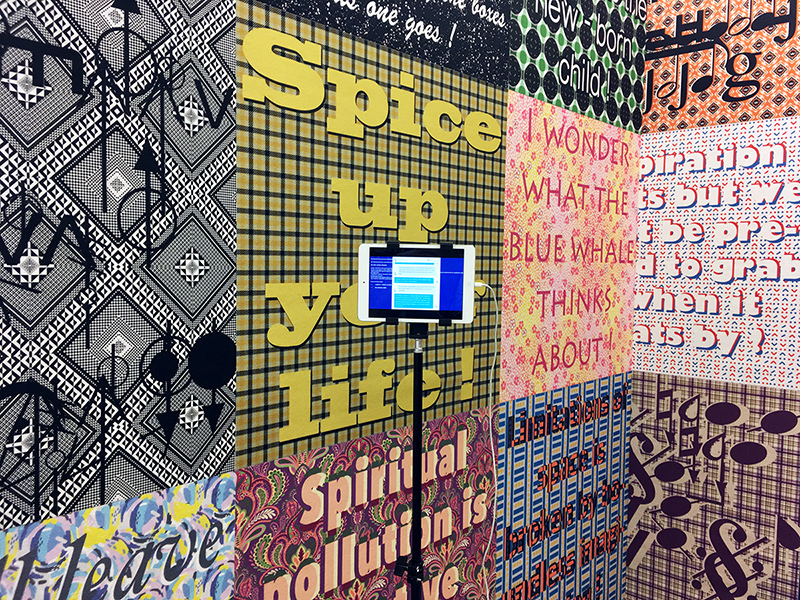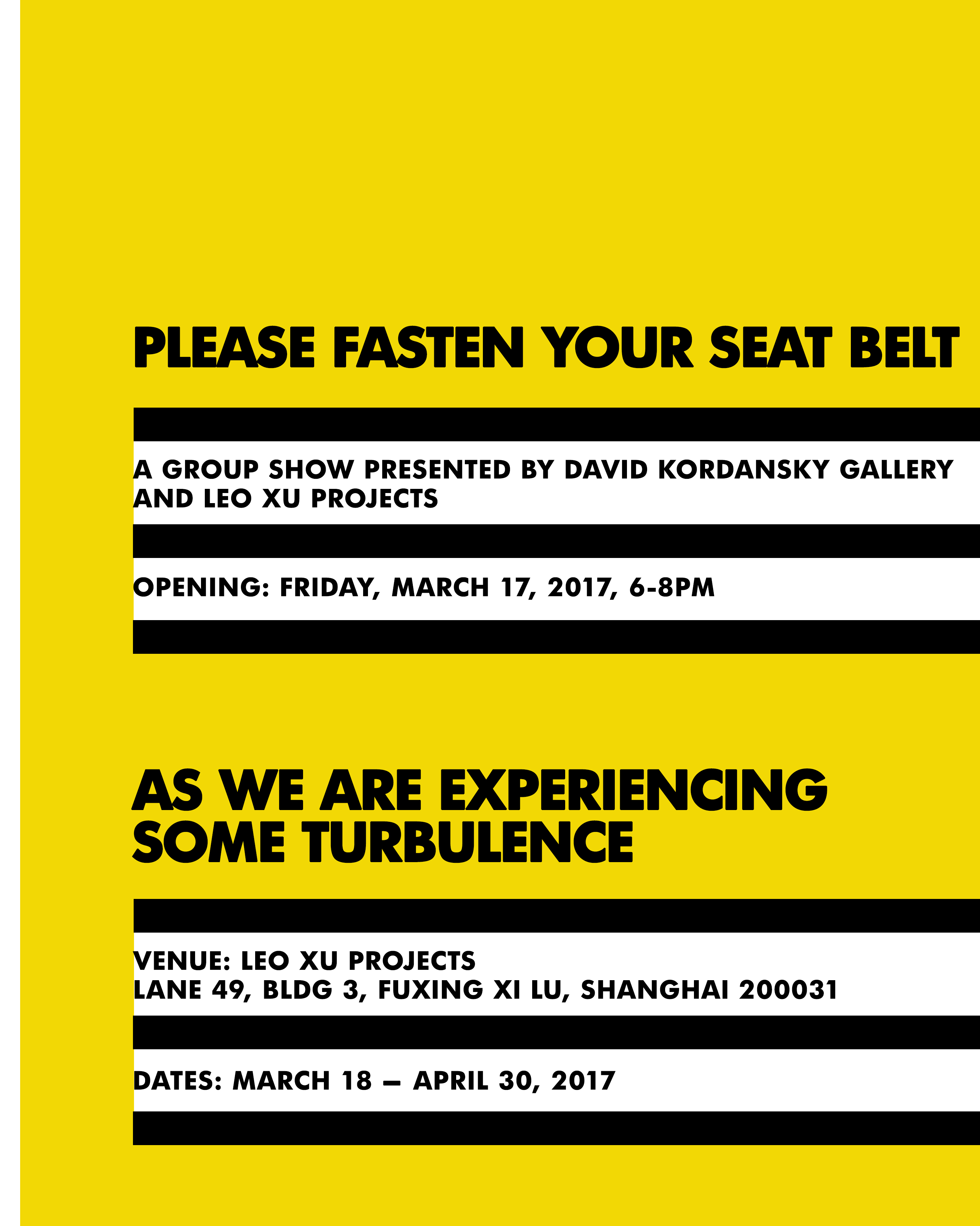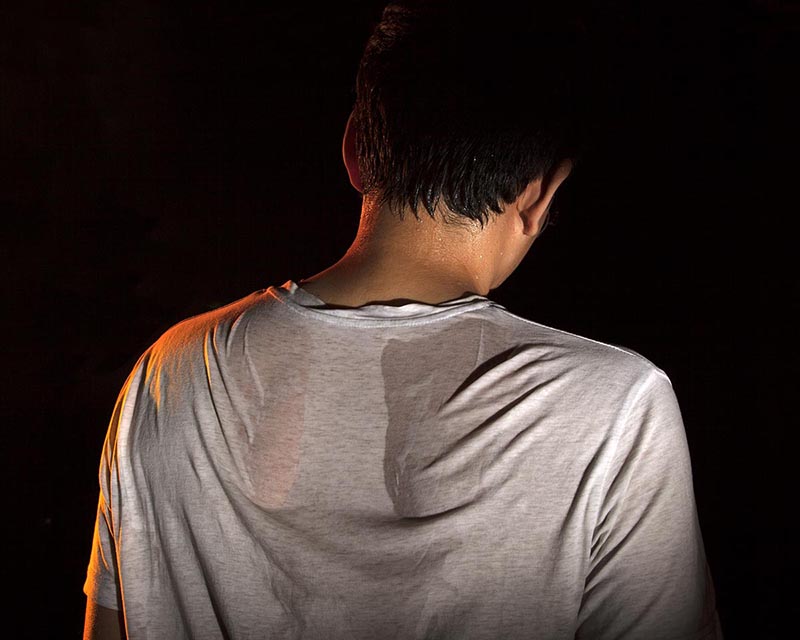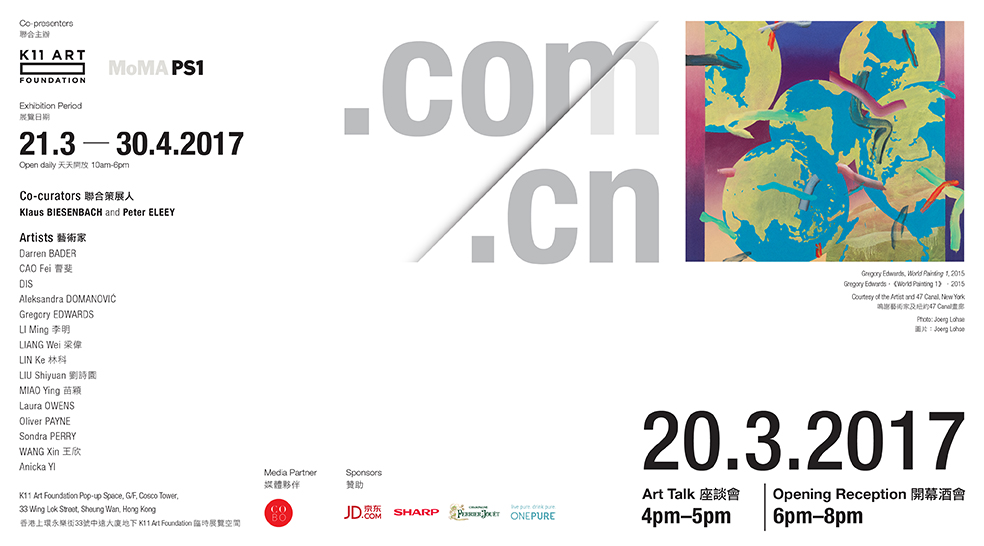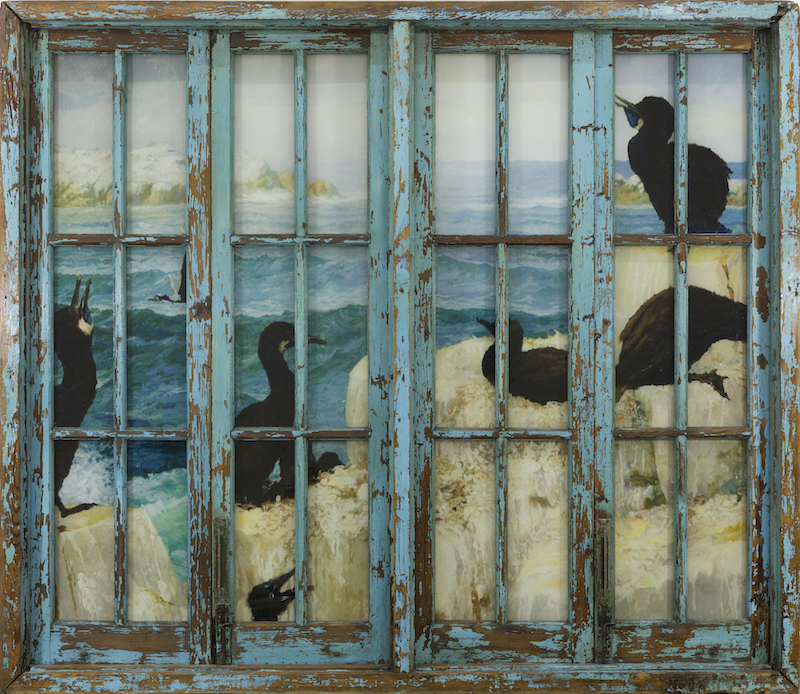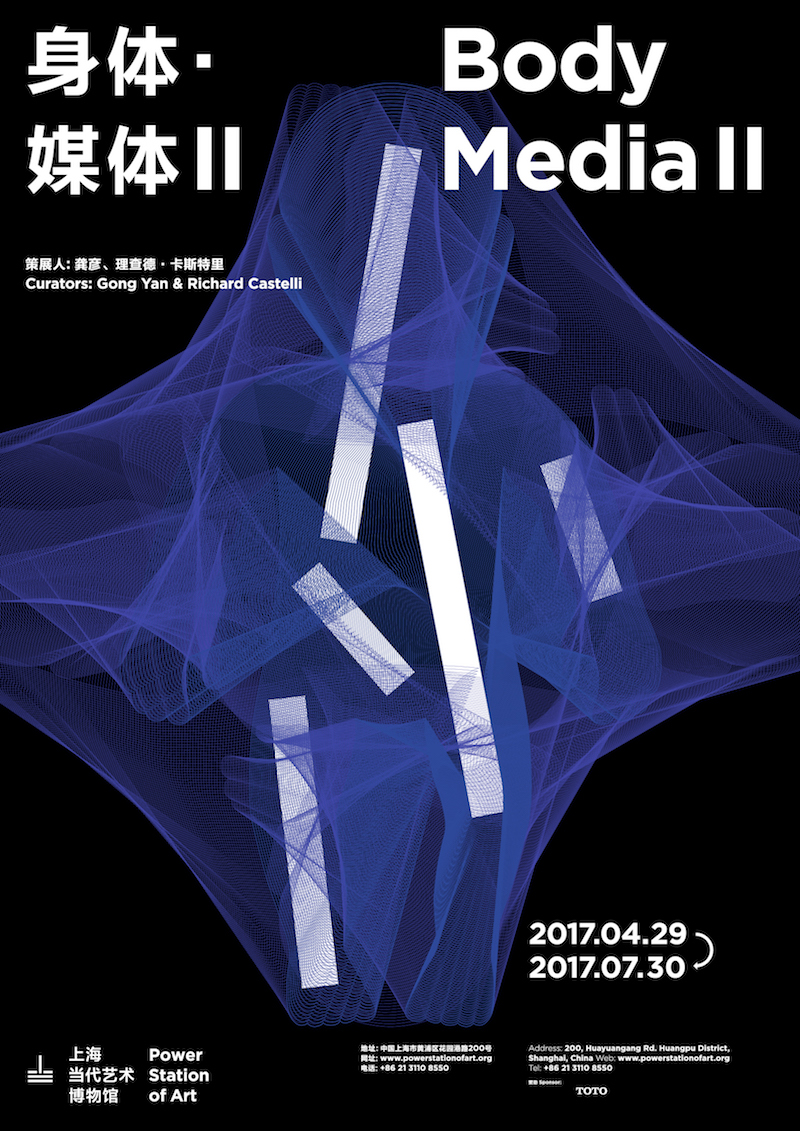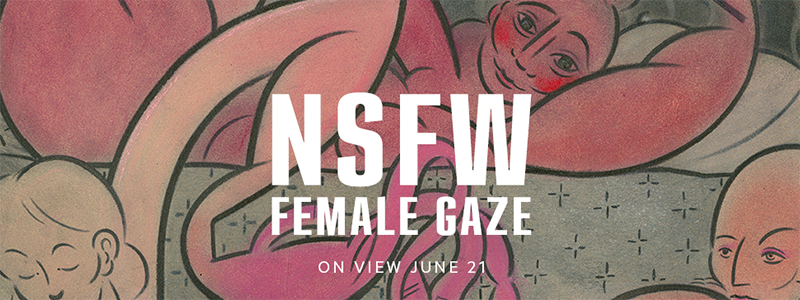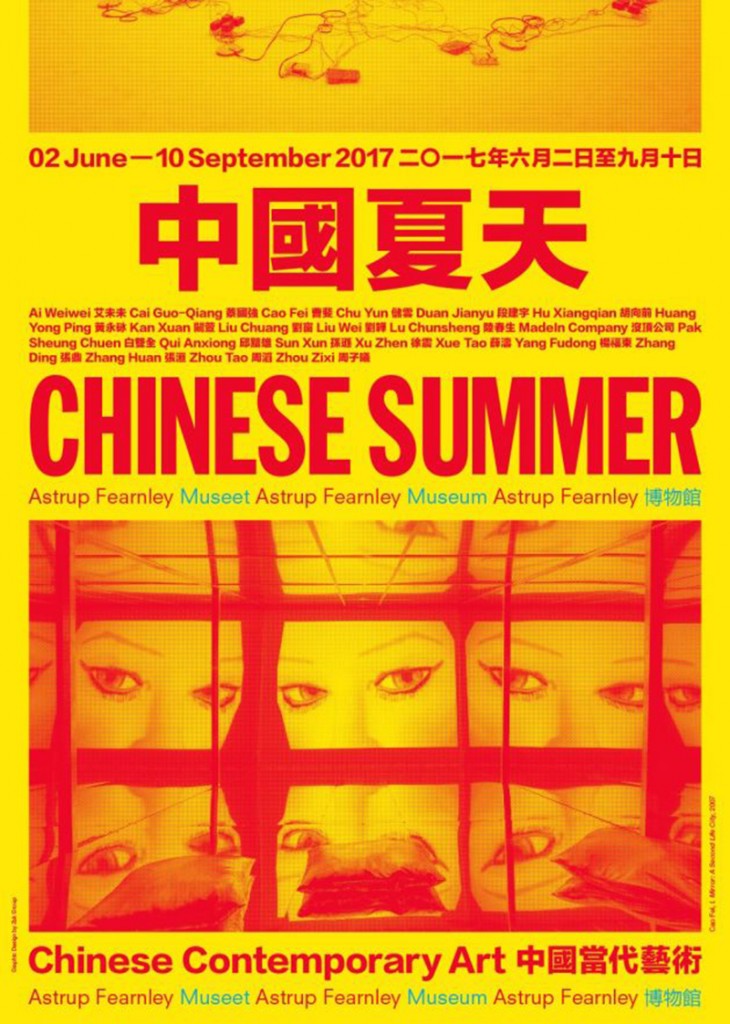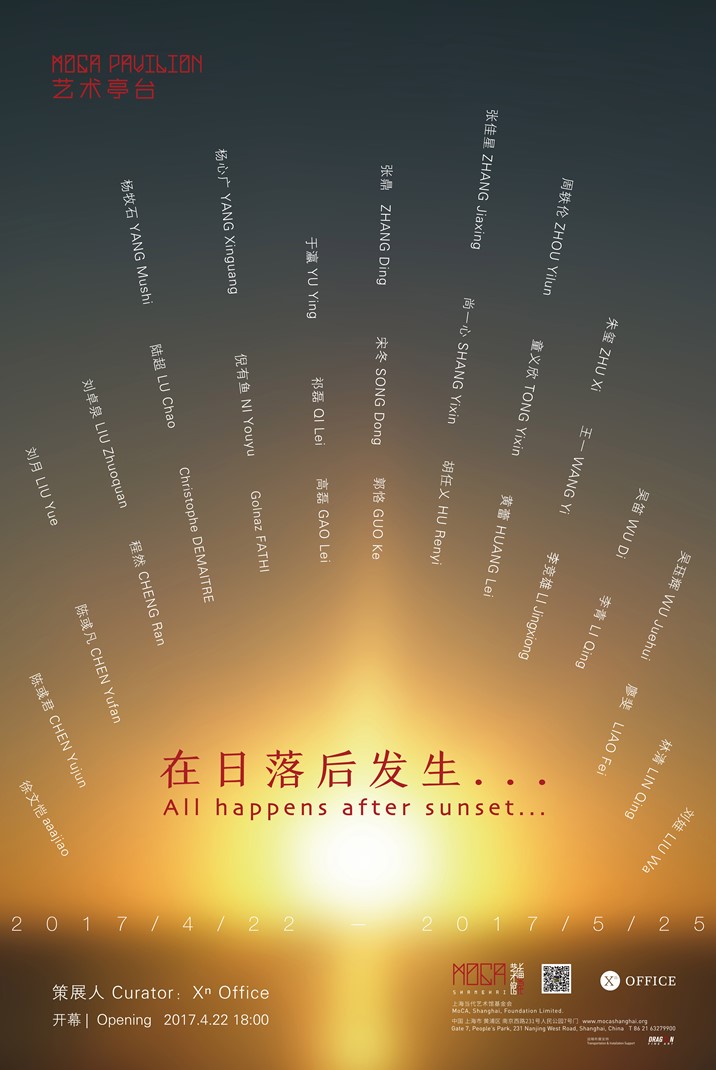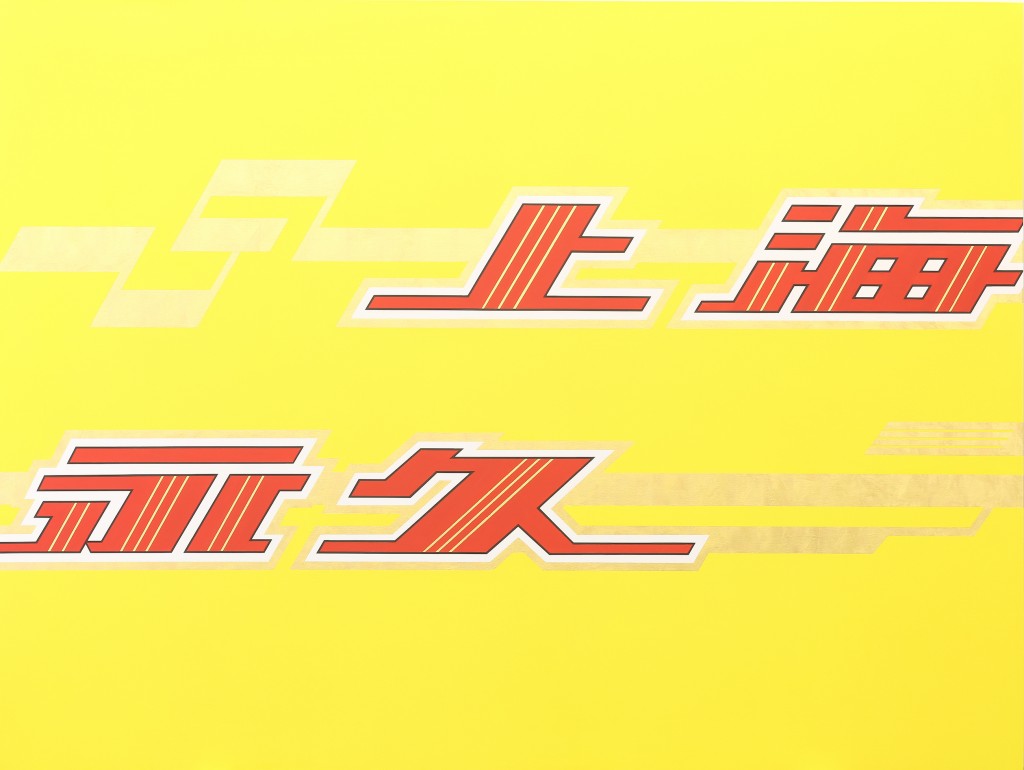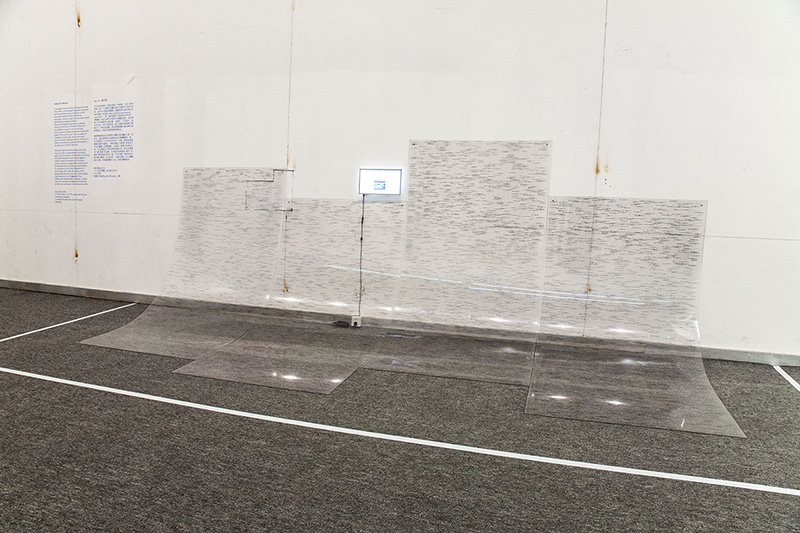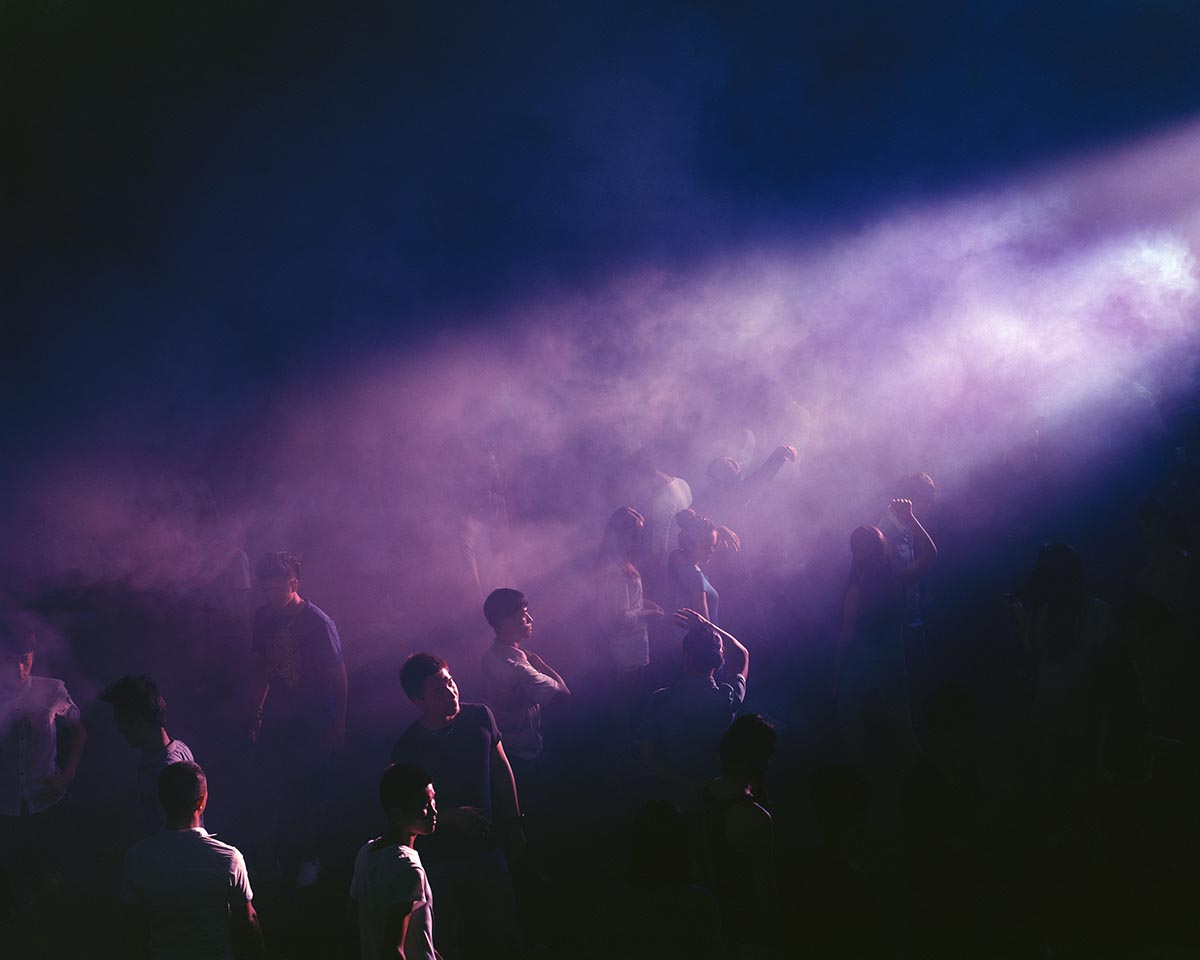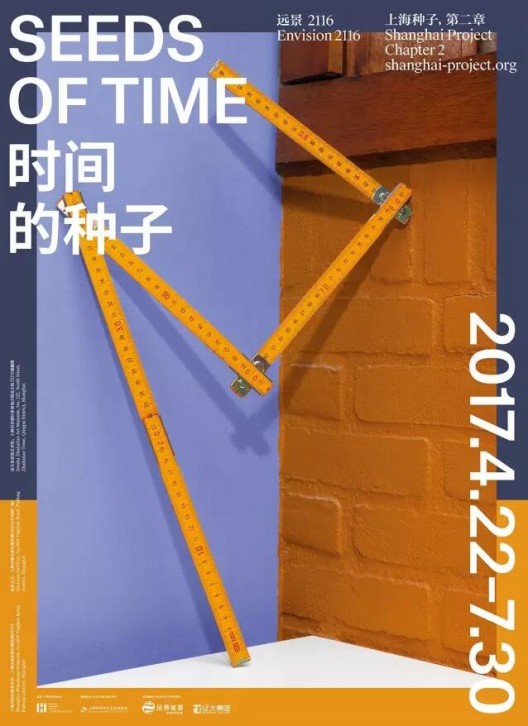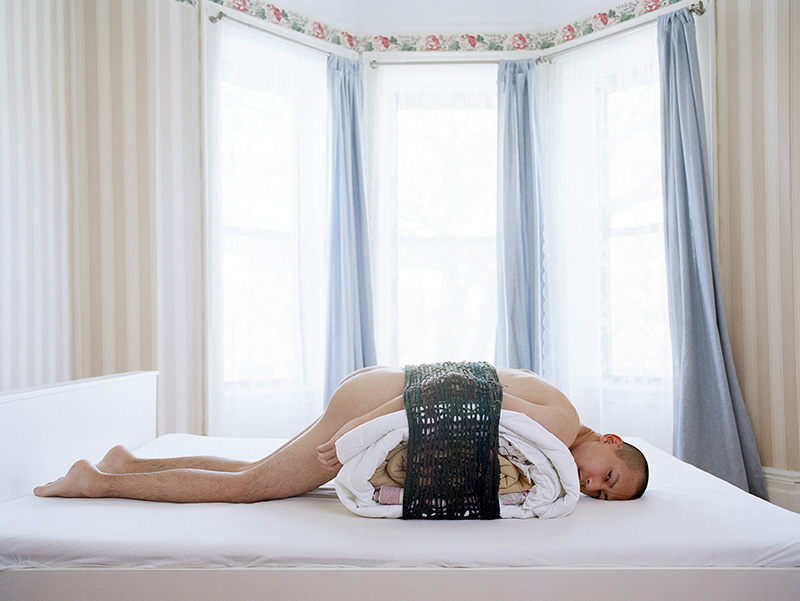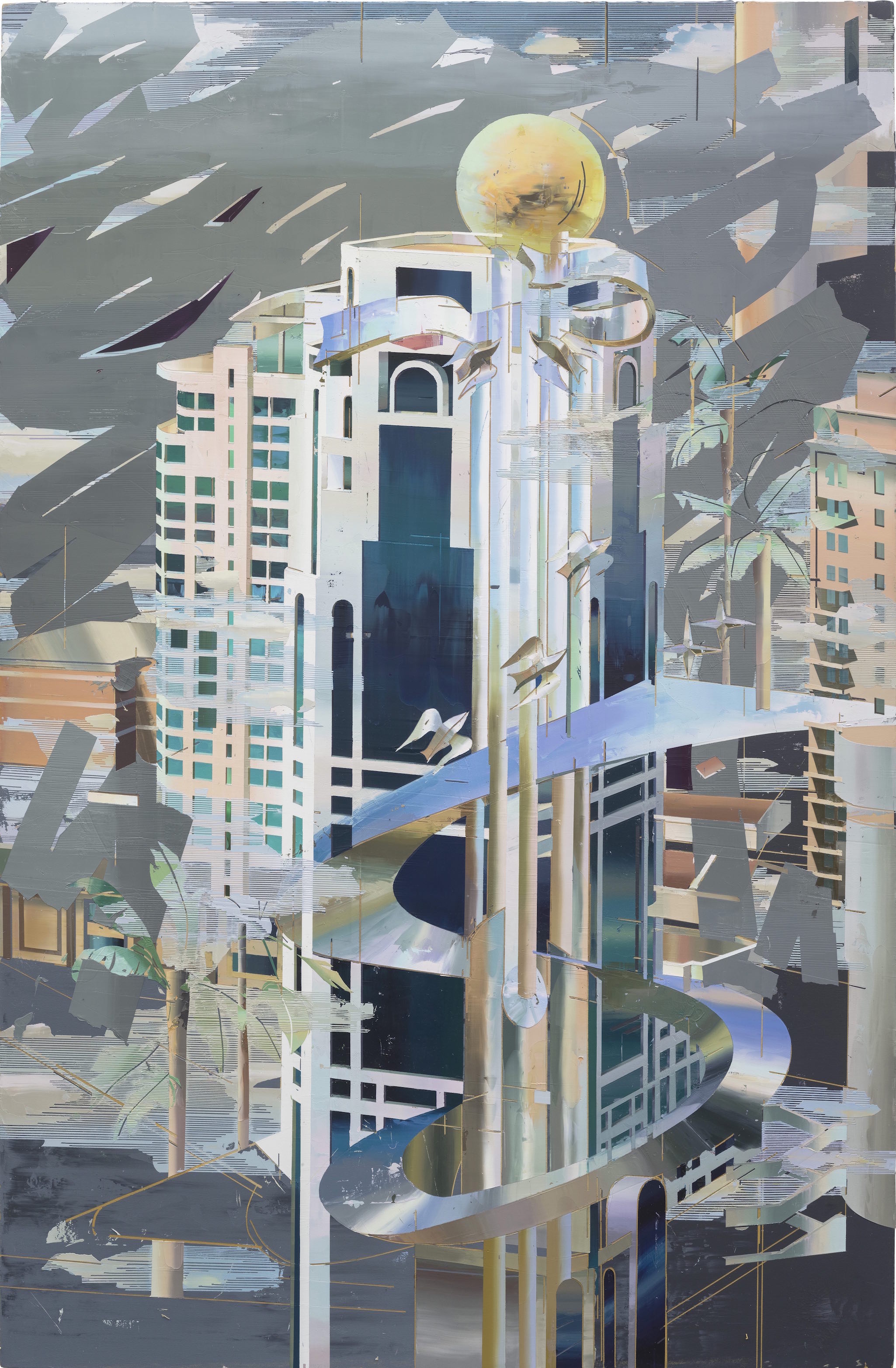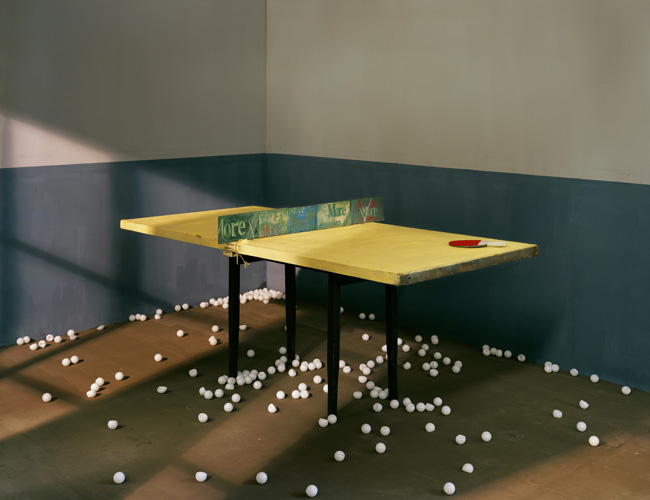
CHEN WEI, "Ping Pong", 2011, archival inkjet print, 150 x 200 cm, edition of 6
June 3rd through to August 5th, 2012
VIP Reception June 3rd, 2012, 4-6pm
LEO XU PROJECTS is pleased to present “More” for the first solo presentation of Beijing-based photographer Chen Wei since 2009. Set across the gallery’s three floor, this exhibition features an extensive body of Chen Wei’s work from the recent few years. Exploring the development of his photographic practices, the show follows his previously complex cinematic and narrative pieces, to his present larger focus on the artist’s handcrafted quotidian objects within a more simplistic works evocative of theatrical sets and still life painting. Furthermore, this exhibition also provides a rare performative insight into Chen Wei’s experimental processes of artistic production.
Using an element of Chen Wei’s Ping Pong (2011) as the basis for the show, “More” explores the themes of nostalgia versus anticipation, and hope versus suffering. Taking an image typical of 80s and 90s China, Chen recreates the scene of a table tennis gym typical of those set up in state-owned estates. The studio-shot scene sees Chen recreate various objects using an old door placed off centered upon a dinner table, cardboard for the bat, and most predominantly old More cigarette packages re-appropriated for the net, the word’s repetition hinting to the artist’s reminiscing of the memories of his youth outside the urban landscape of his present.
Displayed in the adjacent room are another two of Chen Wei’s carefully composed still-life images, touching on concepts of ignorance and post-trauma. In Fragile (2011), the artist refers to the daily encounters of the leftover broken glass remains from accidents unknown to him on his familiar residential road – by depicting completely crushed lenses from an intact pair of glasses, Chen insinuates the feeling of utter unawareness in the most familiar. Broken Tomatoes (2009) illustrates the morning after of what appears to be a food-fight party. Humanising the brand new, unwrapped plastic chair by placing a stained shirt upon it, the artist refers to the innate human tendency for suffering and melancholy, especially in light of former highs.
Upstairs in a display of ‘referral’, the audience is confronted with death presented in an unlikely hopeful light. A Kind of Mensuration (2007), an early work of Chen’s, the artist alludes to a widely reported suicide case in Hangzhou at the time, found with a vast number of calculations of various debts. Representing the death in a contrasting upwards position, the viewer is confronted with a man sitting atop a suspended ladder, below it a various set of numbers and calculations. In another means of ‘referring’, Chen uses both Mister in the Corner (2011) and Figured Cloth (2010) to cite prominent art historical works and artists, presented through the artist’s eyes, he plays tribute to Joseph Beuys and Leonard da Vinci’s Last Supper respectively. Chen’s careful use of lighting and standpoint evident throughout his body of work strikes particularly strong in the three aforementioned pieces, the emotionally charged juxtaposition of light allowing an insight into each work’s artistic discussion, as well as the artist’s own emotional search for truth.
Focusing on the subject of the artist’s own experiences of the 80s and 90s culture development and the rural to urban transformation, Chen’s self-constructed derelict water fountain in Coins in the Fountain Basin (2011) remembers a bygone era of simple pleasures, lost through gaining of access to new entertainment and interests through the economic opening of China in the two aforementioned decades. Similarly, the artist employs Palm (2012) and A Foggy Afternoon (2011) to discuss his urbanisation journey; Palm’s deceptively helping hand, a glove filled with 5 miao coins – an online synonym for government employees working in propaganda – suggests an ulterior fuelled motive to the perceived, while the Jia Jiangke-eqsue aesthetics of A Foggy Afternoon’s brings focus onto the often overlooked moments of transition.
In the last section of the exhibition is a rare presentation of the artist’s quasi ‘unofficial’ works. The polaroids, used to record the variations, studies and errors of Chen Wei’s photographic process, act not only as sketches, but also as a performative body of work for Chen Wei’s artistic production.
Chen Wei (b. 1980, Zhejian Province) received the 2011 Top Asia Pacific Photography Prize at ShContemporary Art Fair in Shanghai. He also received the award for the Best Photography Artist by art journal Randian. Chen has exhibited extensively around the world, including the Seoul Museum of Art, Museum of Contemporary Art Shanghai, Pingyao International Photography Festival, and the Poznan Biennale among others.
For further information, please email the gallery info@leoxuprojects.com or phone +86 21-34611245.
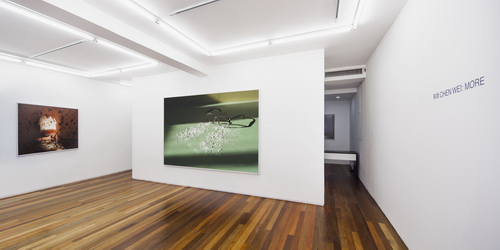
Installation view. Photography: Justin Jin.
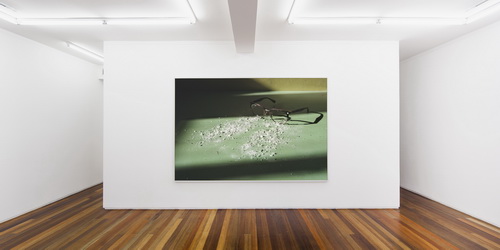
Installation view. Photography: Justin Jin.
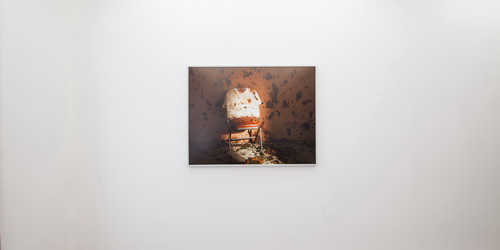
Installation view. Photography: Justin Jin.
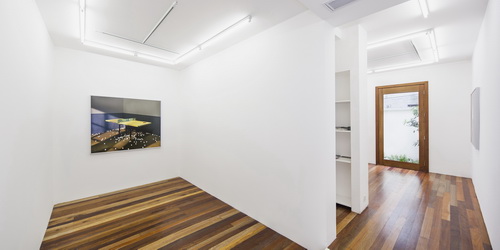
Installation view. Photography: Justin Jin.
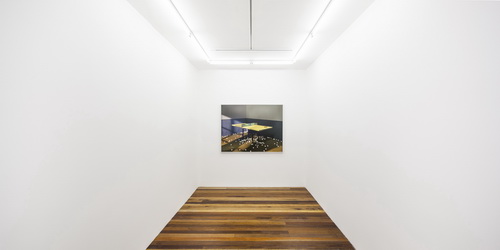
Installation view. Photography: Justin Jin.
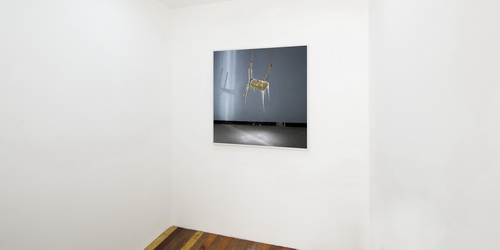
Installation view. Photography: Justin Jin.
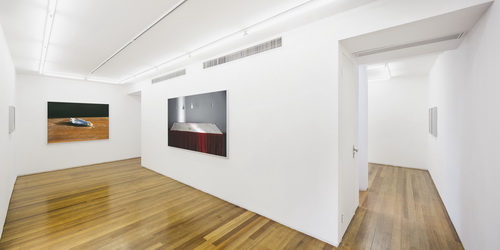
Installation view. Photography: Justin Jin.
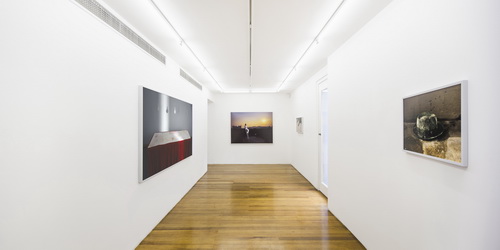
Installation view. Photography: Justin Jin.
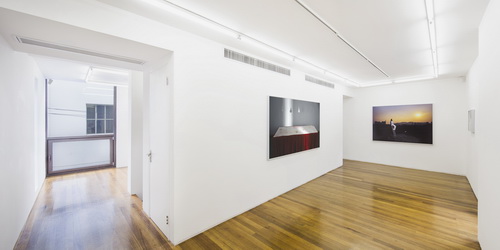
Installation view. Photography: Justin Jin.
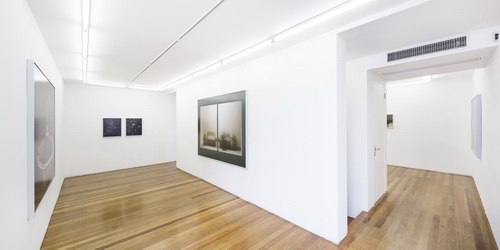
Installation view. Photography: Justin Jin.
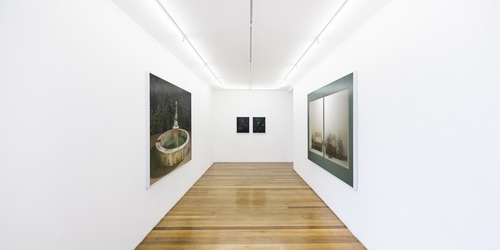
Installation view. Photography: Justin Jin.

Installation view. Photography: Justin Jin.
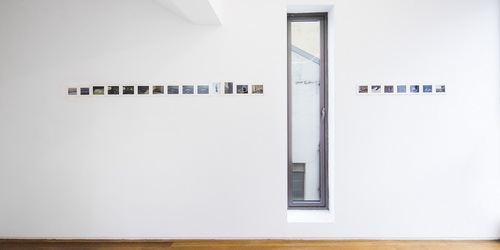
Installation view. Photography: Justin Jin.
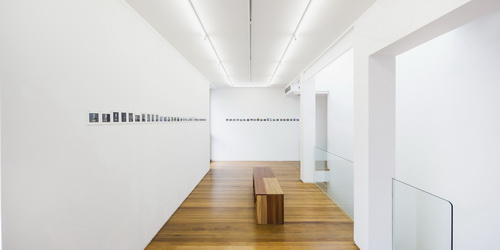
Installation view. Photography: Justin Jin.
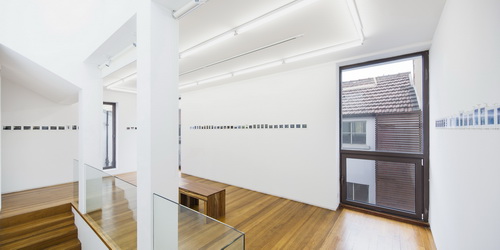
Installation view. Photography: Justin Jin.
